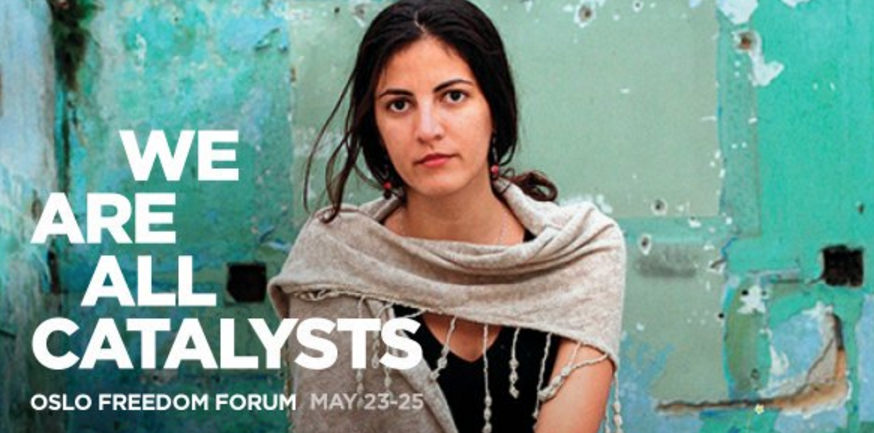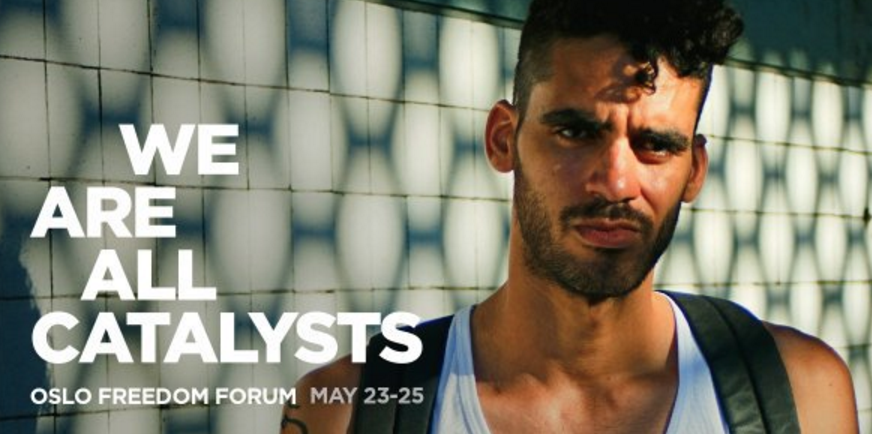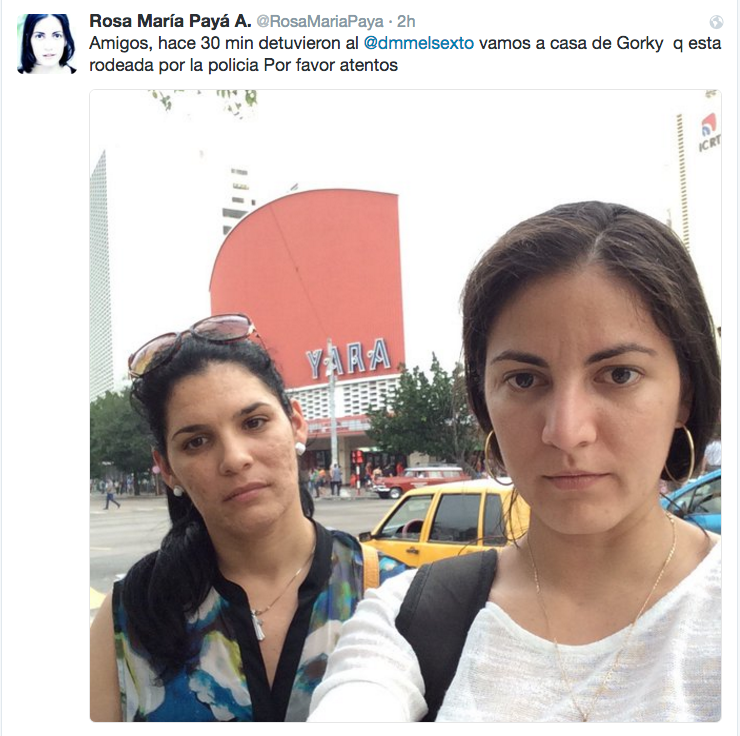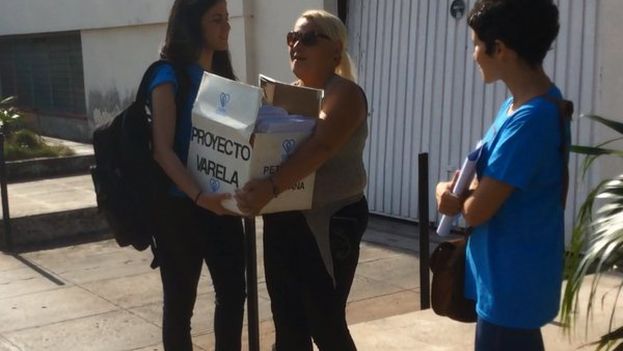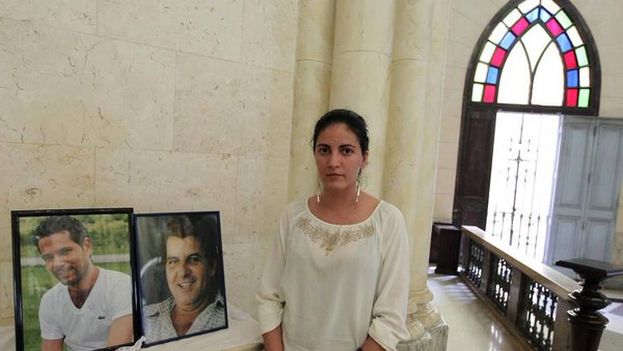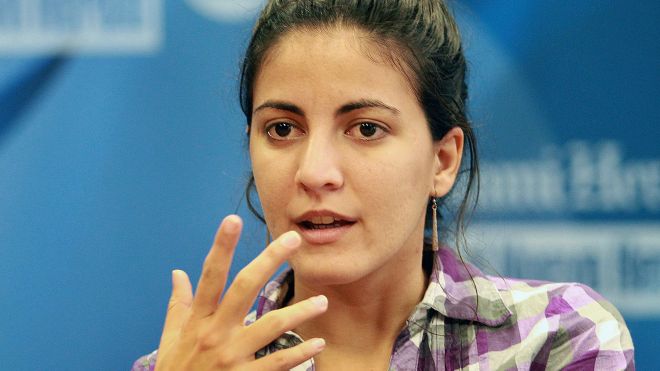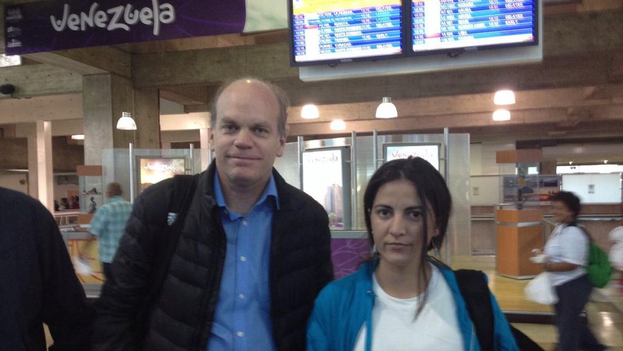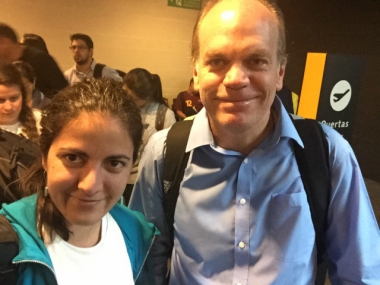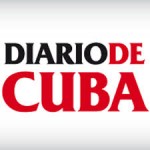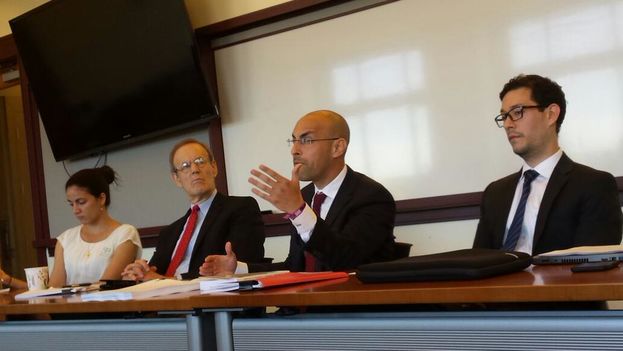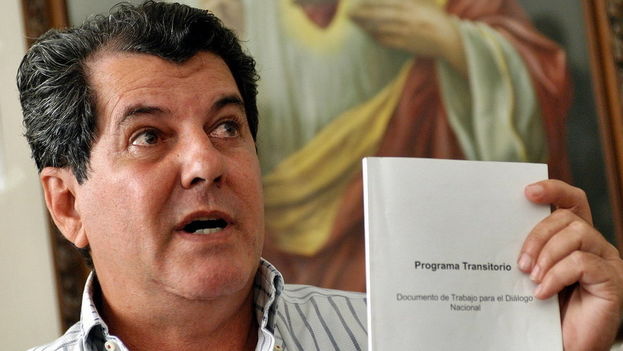Note: The video is a brief excerpt from the interview and is not subtitled in English.
![]() 14ymedio, Mario Penton, Luz Escobar, Miami, 22 July 2016 – His name is tattooed on the skin of a Cuban graffiti artist (Danilo Maldonado, known as El Sexto) or is suggested by the letter L, standing for Liberty, formed by the angle between the index finger and the thumb, increasingly displayed by those asking for democracy. The legacy of Oswaldo Payá Sardiñas (1952-2012) and Harold Cepero (1980-2012) lives on in the nation for which they worked their hearts out and ultimately sacrificed their lives. Four years after the tragic crash that claimed their lives, and that their families and international organizations have classified as a settling of accounts by the repressive Cuban apparatus, 14ymedio speaks with Ofelia Acevedo, widow of Payá, former president of the Christian Liberation Movement (MCL).
14ymedio, Mario Penton, Luz Escobar, Miami, 22 July 2016 – His name is tattooed on the skin of a Cuban graffiti artist (Danilo Maldonado, known as El Sexto) or is suggested by the letter L, standing for Liberty, formed by the angle between the index finger and the thumb, increasingly displayed by those asking for democracy. The legacy of Oswaldo Payá Sardiñas (1952-2012) and Harold Cepero (1980-2012) lives on in the nation for which they worked their hearts out and ultimately sacrificed their lives. Four years after the tragic crash that claimed their lives, and that their families and international organizations have classified as a settling of accounts by the repressive Cuban apparatus, 14ymedio speaks with Ofelia Acevedo, widow of Payá, former president of the Christian Liberation Movement (MCL).
14ymedio: A few days ago the one year anniversary of the reopening of the embassies between the United States and Cuba was celebrated. Could we be closer to justice in the case of Harold Cepero and Oswaldo Payá? continue reading
Acevedo: The restoration of diplomatic relations has been good. It is clear that it is the Cuban government that does not continue the normal process that this rapprochement should take. On the other hand, justice is the most important step to achieve real change in the Cuban nation. To look forward in our country we need justice. The Christian tradition makes it very clear: if there is a recognition of the truth, there will be justice and forgiveness.
Once we have achieved justice we can talk about reconciliation between Cubans. We Cubans must seek it, starting by reclaiming our rights. This is a key step for the future. The greatest injustice is to deprive the Cuban people of our rights, because of this there has been so much misery and we have not progressed. Human rights are natural and inherent in the person. When we achieve justice we can build a new society, and for this it is important that this crime does not go unpunished.
14ymedio: How has the family faced the loss of your husband?
Acevedo: We are a very close family. We love each other very much and miss him so much. We live in our faith that sustains us. Our faith makes us believe that truth, justice and democracy are possible for our people. All of Oswaldo’s work is imbued with a great deal of hope, of Christian hope. That is what helps us go on in the midst of the adverse environment in which we sometimes live. Oswaldo believed greatly in the betterment of humanity and in the individual, as José Martí said. He looked for ways to give Cubans the tools to decide their future. He understood that change begins with the ability to decide. He affirmed that dialog is the only way to change Cuba, an unconditional dialog, one without exclusions and among all Cubans.
14ymedio: How do you perceive the Cuban opposition four years after the death of its most prestigious leader?
Acevedo: In Cuba there are probably more opponents than there were in Central Europe in 1989. The Cuban opposition has done a great job. We know that the government and intelligence services create moles, “construct” figures, infiltrate groups, defame and blackmail their opponents. This has existed and does exist, they are intransigents with those who don’t think like they do and who have the courage to raise their voice to express it. We Cubans who want changes have to think for ourselves and think about others, think about the Cuban people. We have to forget about egos and go where the people are to explain what are the steps for them to begin to demand their own rights, because they are the ones who should decide. We have to be with the people in this.
14ymedio: What happened to the Christian Liberation Movement after the death of Oswaldo Payá?
Acevedo: The movement received a very strong blow with the death of Oswaldo and Harold. Even before, the persecutions against them were very strong. It was the movement that had the most political prisoners and they were all exiled to Spain without the option to stay. At this time, within Cuba, the MCL is decimated, is my impression. The repression against them is very strong.
14ymedio: How was the experience of exile for your family? Will you return to Cuba?
Acevedo: My family never thought of going into exile. After Oswaldo’s murder I made the decision to go into exile for my children, because State Security was focused on my oldest son. They prevented my daughter Rosa María from starting work at a research center where she already had a place. I panicked and decided to leave because of “them” (State Security). Friends, neighbors, everyone was terrorized, because the whole world knew what had happened and that they enjoy total impunity.
I am working as a teacher and wondering when I can return to my country. I want to return to Cuba, but I hope that things improve because it costs me a lot to have to face them. My rejection of them is huge. I know I have to deal with them but it’s very difficult, because of what they are doing, what they did, how they have made my family and our people suffer.
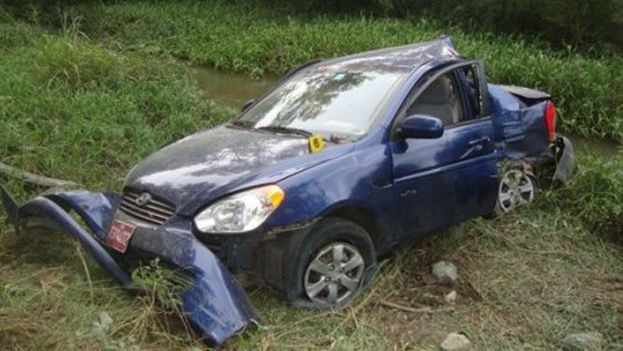
Acevedo: The only meeting I had with them was a week after Oswaldo’s funeral. They called me in to ask if I was going to ask from compensation from Angel Carromero [the leader of the youth organization New Generations of the Popular Party of Madrid, who was driving the car in which Payá died and who was convicted of manslaughter). I told them I would not accept their version and I wanted to talk with the survivors. They never granted me that. The Cuban penal code does not give the victims a chance. My children were not allowed to attend the trial, which the regime had announced would be public. There was an immense repression in Bayamo [where the trial was held]. We could not carry out any legal action because a lawyer friend of the family said there was no chance to demand anything because of the criminal code.
I asked the government and the hospital for the autopsy report. They have never given it to me. I spoke to State Security, with Legal Medicine. Everyone told me that the hospital had to give me the report. The hospital administration, at six in the evening, after I did whatever paperwork was possible, told me to send it to them by mail and gave me a telephone number. The number didn’t work and we are still waiting on the autopsy. I wrote to the minister of Public Health. Rosa María tried to deliver a letter to the Cuban embassy, but they wouldn’t even let her enter the diplomatic site. Then we sent the letter in Cuba and we we had a receipt for it, but they have never answered.
14ymedio: What did Aron Modig (former leader of the Swedish Christian Democrat Party youth organization who was also in the car at the time of the crash) say about the day he Payá and Harold died?
Acevedo: Modig maintains his position. He doesn’t remember anything until reaching the hospital. It is a selective loss of memory. To me there are things that bother me sometimes in the media, because they talk about an accident, when we all know that it was a murder. A report by the international organization The Human Rights Foundation and another by physics professors at Florida International University demonstrated that it is impossible for [the crash] to have happened in the way the Cuban State says it did.
14ymedio: What legacy have Harold Cepero and Oswaldo Payá left?
Acevedo: The blood of freedom fighters is the seed of free men. This applies to Harold, Oswaldo, to all who have given their lives for human rights. The blood of innocent people, those who give their lives for others, is not spilled in vain. They crashed Oswaldo’s cars* when he was in the street. We keep fighting to give the Cuban people the possibility of deciding, which was Oswaldo’s fight as well. The Cuban government, in exchange, fights to destroy Cubans’ hopes.
*Translator’s note: There was a similar incident with another vehicle Oswaldo Payá was traveling in prior to the fatal crash.
See also:
Rosa Maria Paya’s Press Conference on the Crash That Killed Her Father and Harold Cepero
Angel Carromero Details Car Crash That Killed Oswaldo Paya and Harold Cepero
Interview with Rosa Maria Paya / Lilianne Ruiz, Rosa Maria Paya
The Political Legacy of Oswaldo Paya / 14ymedio
Carromero’s Courage / Orlando Luis Pardo Lazo
Roberta Jacobson Queries the Castros’ Crime / Rosa Maria Paya

